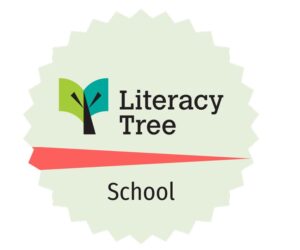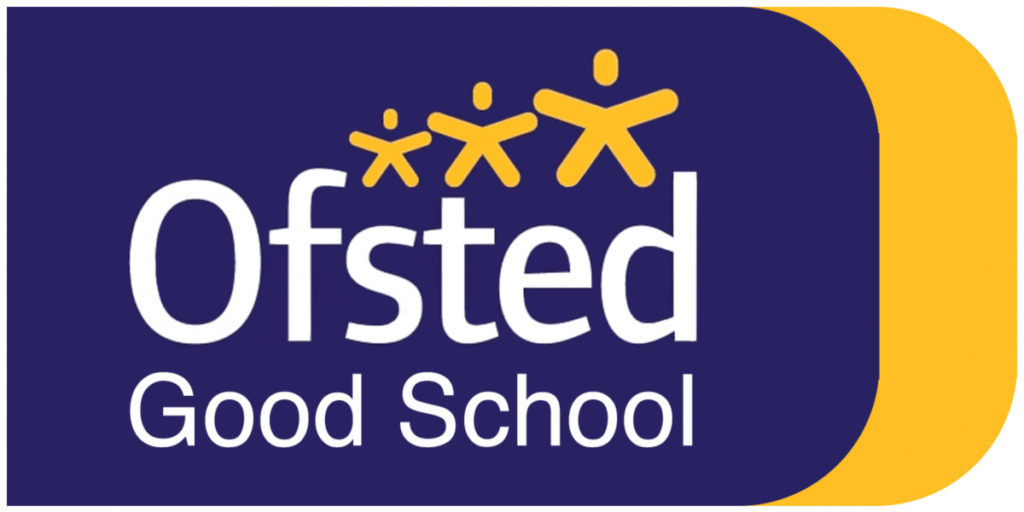Religious Education:
As a church school we teach Religious Education weekly and as a discrete subject. We follow the Southwark Diocese Syllabus for Religious Education. We also have a daily whole school collective worship where our vision and values are shared and discussed alongside relevant scripture and festivals from Christianity and other faith’s.
For our non-core subjects, we have taken a strands approach so we can ensure that the learning and progression is as linked as it can be for our children. We want all of our children regardless of gender or ethnicity to do as well as they can. This is the area of our curriculum that is regularly reviewed to maximise the learning and engagement for our children.
Our strands are:
Science and Computing. This strand encompasses the Science and Computing aspects of the National Curriculum. These subjects are taught discretely. We have just started to use the Teach Computing Program and keeping children safe particularly to do with e-safety and online is at the heart of our teaching.
Capital and Culture. This strand includes the learning objectives from History, Geography, Music, Art, Design Technology, and Spanish (for KS2 classes). The aim of this area is to learn about the wider world in creative and engaging ways. We have a dedicated room for Art lessons and Music lessons and try to have as many performances and art exhibitions to celebrate the children’s work.
Health and Well-Being. The strand includes Physical Education, Philosophy for Children (P4C), PSHE and SRE learning. This strand is a crucial part of our children developing the skills they need to have to be valuable members of our local and the wider community. Children have two sessions of PE as week and the Year 3 class going swimming once a week for the whole year. The two PE lessons a week consist of an indoor lesson that focuses on gymnastics and dance and an outdoor session that focuses on outdoor games and other key skills.
Each class from Year 1-6 has one afternoon as a minimum of each strand. The EYFS follows these strands and covers all the areas of learning for their phase.
English as an Additional Language (EAL):
St. Paul’s welcomes children from all over the world and enjoys the diversity that this brings. Different cultures and languages are regularly celebrated in a variety of ways. Those children who do not speak English or who speak English as an additional language are supported and carefully tracked to ensure progress is made academically as well as in the use of English.
Equal Opportunities:
We recognise that a feeling of confidence and self worth is essential for each child to make the most of the learning environment. With this in mind we provide an ethos where children are free to develop without being discriminated against by race, sex, gender, faith, language, ability or social class. We recognise that a child’s own culture and language are central to their identity and we do all we can to ensure that the curriculum reflects the many rich and varied cultural backgrounds found within the school.
Assessment and Testing:
A stringent teacher assessment process is used which measures and compares progress of individuals four times a year. This information helps to plan for further development and to identify particular needs and attributes. Children in Foundation Stage are formally assessed at the end of Reception using the Foundation Stage Profile. In addition to our school based assessment all children participate in National Tests (SATs) in Year 2 and Year 6. The results of these tests are made publicly available.
Each child receives an annual school report summarising their year’s work. Parents/carers have the opportunity twice a year to meet formally with teachers to discuss their child’s progress. They are welcome to make an appointment to meet with class teachers or the headteacher if they have particular concerns at any other time during the year.
Homework:
Regular homework is set in each phase. The most important homework is reading and this must take place every evening. Regular home reading makes a significant difference to a child’s progress and is essential. Each child has a reading record for parents/carers to sign and comment if they wish. A healthy balance should be kept between school study and leisure activities such as sport, other hobbies and personal study. Any parent/carer who is concerned about homework should meet with class teachers or the headteacher.
 Teaching and Learning
Teaching and Learning
